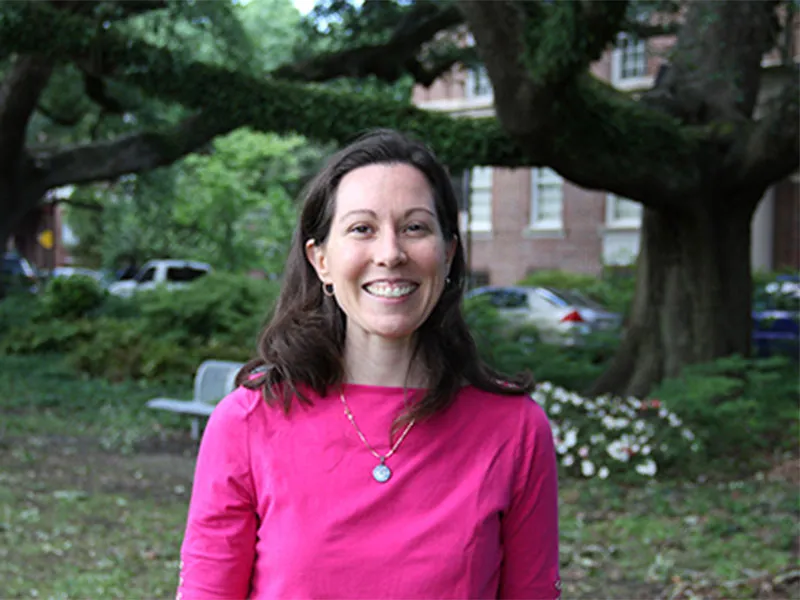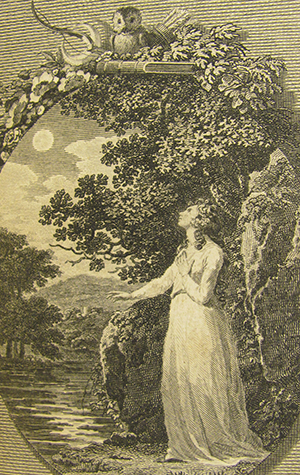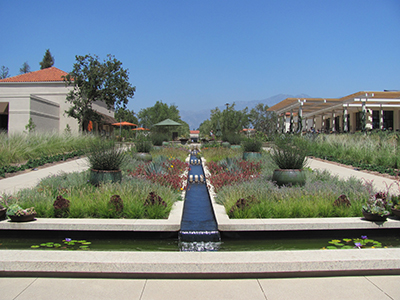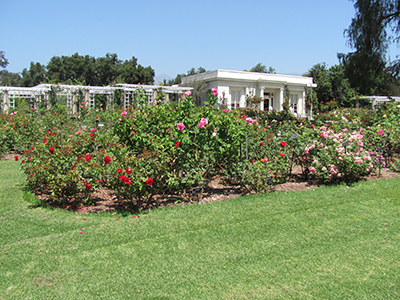
In the mid eighteenth century, many British authors and literary critics anxiously claimed that poetry was in crisis. Complaining that modern poets only plagiarized classical authors as well as one another, these writers feared poetry’s complete exhaustion, asserting that no new subjects for verse remained. Recognition of their literary predecessors’ greatness and the difficulty of living up to this legacy weighed on the minds of mid eighteenth-century authors, creating what has been termed “the burden of the past.” My book, Questioning Nature: British Women's Scientific Writing and Literary Originality, 1750-1830 (University of Virginia Press, 2017) argues that major women writers, including Anna Barbauld, Charlotte Smith, and Mary Shelley, sought to solve this problem of literary innovation by turning to the era’s rising fascination with new discoveries and explorations in developing disciplines of natural history, comprising the fields of botany, zoology, and geology. In doing so, these women reconfigured literary, social, and national orders and identities through the natural sciences, achieving intertextual modes of originality that competed with ideas of solitary genius.
For the 2015-16 academic year, I was fortunate to receive a long-term fellowship from the Huntington Library in San Marino, CA, enabling me to complete the writing of this book. The Huntington was an ideal location for my research because it specializes in eighteenth-century British literature and the history of science. During my time as a fellow, I benefitted from conversations with curators and other scholars in residence, and had the opportunity to give talks about my work.
Moreover, my findings about the natural sciences also helped inspire my second book, Nature’s Clockwork: The Natural History of Time in British Literature of the Long Eighteenth Century. This study investigates overlapping imaginative and scientific ideas about time in concepts such as geohistorical vertigo, botanical clocks, and environmental nostalgia. With the aid of a COR grant and Glick fellowship, I travelled to the United Kingdom in summer 2016 and examined archives of scientific and poetic manuscripts and illustrations in London, Oxford, and Cardiff. This trip has yielded invaluable information toward the writing of this second project, and I am very grateful to the Glick family for their generous support that made this research possible.




